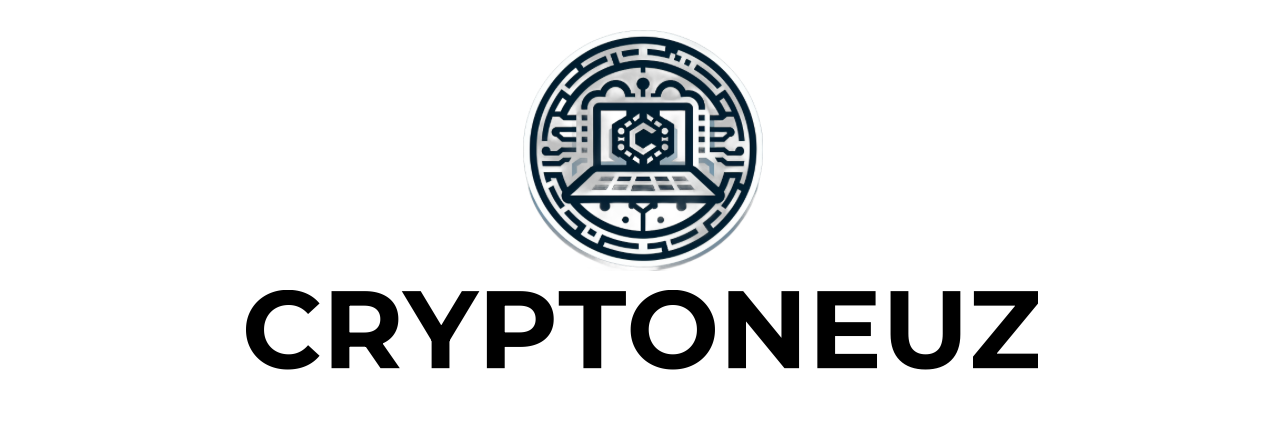New insight The Potential Ban of Telegram in India 2024
The Looming Threat: India’s Potential Ban of Telegram
“India’s potential ban on Telegram poses a significant threat to digital freedom and communication. Learn about the implications of this move for users, businesses, and the crypto community.”
In recent weeks, the popular messaging app Telegram has come under increasing scrutiny by the Indian government, which has initiated a detailed investigation into the platform’s alleged involvement in illicit activities such as extortion, gambling, and other forms of organized crime. This investigation is spearheaded by the Indian Cybercrime Coordination Centre (I4C) in partnership with the Ministry of Home Affairs and the Ministry of Electronics and Information Technology (MeitY). The ongoing investigation raises major concerns about the future of Telegram in India, particularly in light of the arrest of its CEO, Pavel Durov, in France.
Background on Telegram.
Telegram, launched in 2013 by Russian-born entrepreneur Pavel Durov, swiftly gained traction as a secure and feature-rich chat platform. Unlike many other messaging apps, Telegram has end-to-end encryption, huge group chats, crypto mining, and the ability to send large files, all of which have led to its global appeal. The program is particularly well-known for its emphasis on privacy, which allows users to interact safely without the risk of their communications being intercepted.
In India, Telegram has become a favored platform for a wide range of users, from individuals and businesses to political groups and activists. The app’s flexibility and security features have made it a go-to choice for many, particularly in a country where digital privacy concerns are growing. However, the very features that make Telegram appealing—such as its encrypted messaging and large group capabilities—have also attracted criminal elements who exploit the platform for illegal activities.
The Investigation in India
The Indian government’s investigation into Telegram was sparked by concerns that the platform is being used for a variety of illegal activities, including extortion, gambling, and cyber fraud. These activities are reportedly facilitated by the app’s strong encryption, which makes it difficult for law enforcement agencies to monitor and track illicit behavior. The investigation, led by I4C, aims to determine the extent of Telegram’s involvement in these activities.
The probe also scrutinizes Telegram’s compliance with India’s Information Technology (IT) Rules, which require digital platforms to appoint local compliance officers, respond to user grievances, and remove unlawful content within a specified timeframe. While Telegram has reportedly complied with these rules by appointing key officers and publishing monthly compliance reports, the ongoing investigation will assess whether these measures are sufficient.
The Arrest of Pavel Durov

On August 24, 2024, Pavel Durov, the founder and CEO of Telegram, was arrested in Paris as part of a broader investigation by French authorities into the platform’s alleged failure to curb illegal activities such as fraud, drug trafficking, and organized crime. Durov was detained at Le Bourget airport after arriving from Baku, Azerbaijan, and is currently under investigation by France’s Office for Minors (OFMIN).
The arrest of Durov has sent shockwaves through the tech world, with many questioning the implications for Telegram’s future. Prominent figures like Elon Musk and Edward Snowden have publicly criticized the arrest, arguing that it represents a dangerous precedent for digital privacy and freedom of expression. Despite these criticisms, the investigation into Durov and Telegram continues, with potential consequences not just for the platform, but for the broader digital ecosystem.
Potential Outcomes of the Investigation
One of the most pressing questions surrounding the investigation is whether Telegram will be banned in India. While the outcome of the investigation is still uncertain, the platform could face a ban if it is found to have facilitated illegal activities on a significant scale. India has previously banned apps that were deemed to pose a threat to national security or public safety, such as TikTok, and a similar fate could befall Telegram if the investigation’s findings are damning.
A potential ban on Telegram would have a significant impact not only on Telegram’s millions of users in India but also on the broader tech industry. Many businesses and individuals rely on Telegram for communication, marketing, and community building, and a ban would force them to seek alternative platforms. This could cause a shift in the digital landscape, with other messaging apps like WhatsApp or Signal potentially seeing an influx of new users.
Additionally, a ban on Telegram would raise significant concerns about digital privacy and free speech in India. Telegram’s robust encryption and dedication to user privacy have positioned it as a symbol of resistance against government surveillance worldwide. A ban could be perceived as a threat to these principles, especially in a country where worries about government overreach and censorship are increasing.
Broader Implications
Telegram is a global platform with a significant user base in countries around the globe, including Russia, Ukraine, and other former Soviet states. The outcome of the investigation in India may set a precedent for how other governments approach Telegram and similar platforms, particularly in regions where digital privacy is already under threat.
The arrest of Pavel Durov and the ongoing investigations into Telegram’s content moderation practices could lead to increased scrutiny from other governments, potentially resulting in more restrictions or even bans in other countries. Telegram has set its sights on reaching a billion users within the next year, but regulatory challenges in key markets like India may stymie this goal.
In the event of a ban, users in India would most likely turn to alternative messaging apps. WhatsApp, with its large user base and similar features, would be a natural choice for many, though it lacks some of Telegram’s more advanced functionalities. Signal, another privacy-focused messaging app, could also see an increase in users, particularly among those who prioritize encryption and privacy.
Impact on Businesses and Public Opinion
The prospective prohibition of Telegram in India could also have an impact on enterprises that rely heavily on the app. Many small and medium-sized businesses (SMEs), startups, and even major corporations rely on Telegram for communication and marketing. Many people and enterprises rely on the app to promote direct connections with their clients, host huge groups, and broadcast messages and meetings. A prohibition would push these enterprises to quickly adapt, potentially leading to a migration to alternative services such as WhatsApp or Signal.
The public’s opinion on the subject is mixed. While some welcome the government’s measures, citing worries about national security and the platform’s use for unlawful operations, others see the prospective ban as an overreach that threatens free speech and digital privacy. Social media platforms are rife with arguments, and petitions supporting and against the ban have garnered popularity.
Technical Challenges of Moderation on Encrypted Platforms
One of the main issues in the Telegram debate is the difficulties of filtering content on encrypted platforms. Telegram’s encryption is one of its most appealing features, but it also makes it more difficult for the firm to monitor and remove unlawful content. Telegram, unlike other platforms that do not use end-to-end encryption, does not have easy access to user data to detect and handle criminal activity.
Telegram’s current moderation rules rely on user reports and automated mechanisms to identify and delete prohibited content. However, some believe that these actions are insufficient given the scope of the issue. The current investigation will likely focus on whether Telegram can or should do more to prevent its platform from being used for illicit activity while protecting its users’ privacy.
Conclusion
The Indian government’s ongoing investigation into Telegram, along with Pavel Durov’s detention, is not a favorable experience for the platform and its users. The outcome of the probe could determine whether Telegram continues to operate in India, a key market for the app, or if it will join the ranks of other banned platforms. Regardless of the outcome, the investigation raises important questions about the balance between security, privacy, and regulation in the digital age.
As we await the investigation’s conclusions, Telegram’s future in India—and possibly globally—hangs in the balance. The decisions taken in the coming months will have far-reaching consequences, not only for Telegram, but for the entire digital environment, privacy rights, and freedom of expression worldwide.








